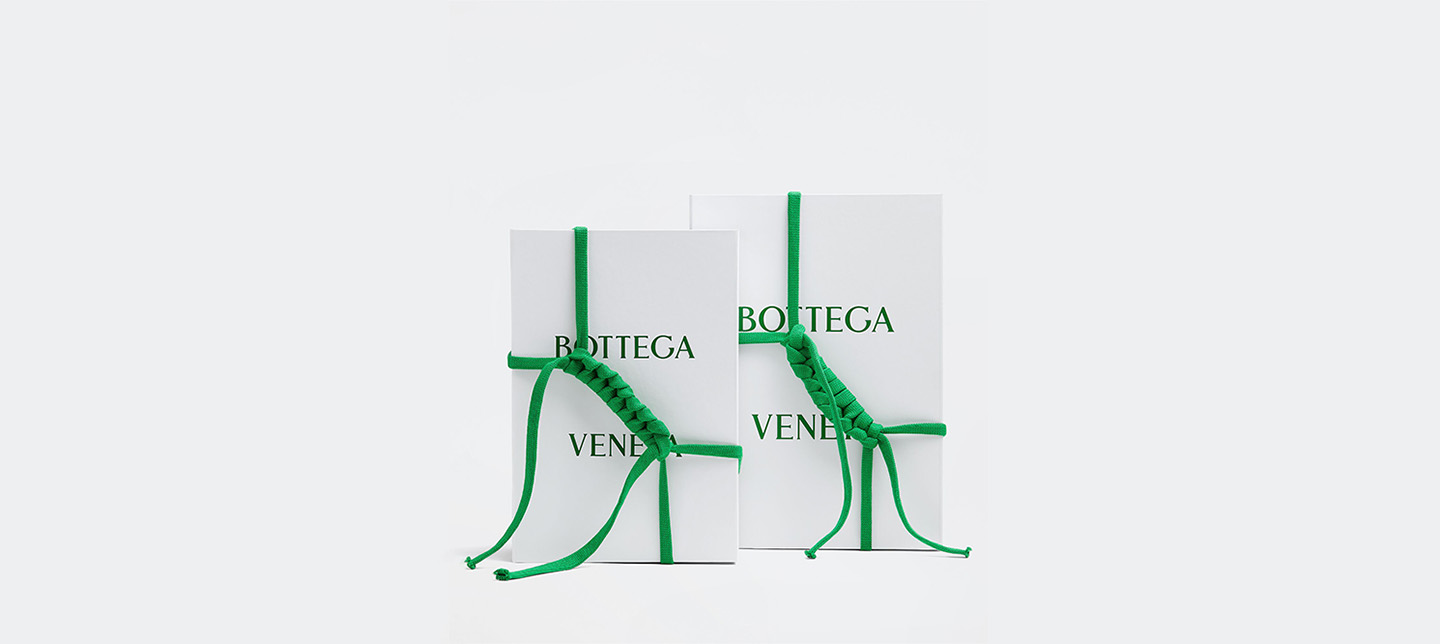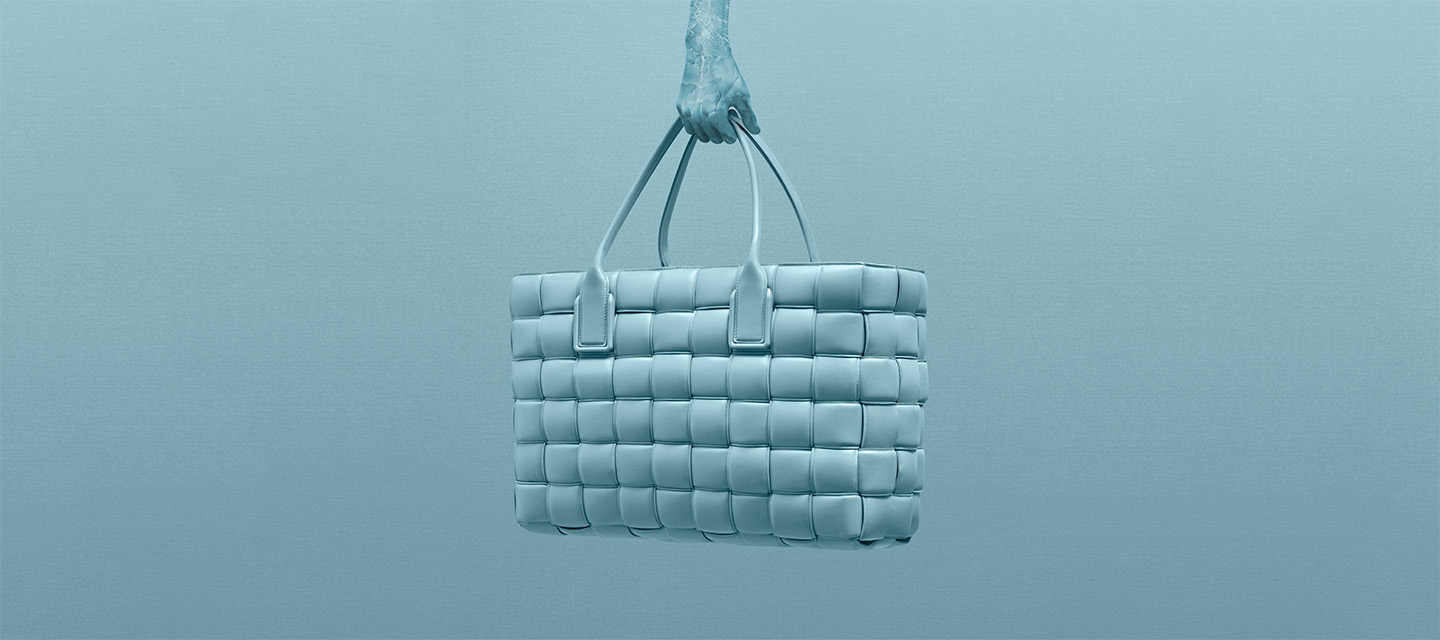While the Metaverse is on a roll with its NFTs, avatar outfits and virtual accessories, Bottega Veneta is digging into the past and reselling the Intrecciato bags from its archive, opening a discussion about the true value of luxury.

Bottega Veneta launched Bottega Series: a new section of its website that allows customers to buy past-season bags “The philosophy of Bottega Series challenges the very concept of season: timeless pieces do not need to adhere to a seasonal calendar,” Leo Rongone, CEO of the brand, told Vogue Business after announcing that launch on stage at the recent Global Fashion Summit in Copenhagen.
Why did Bottega Veneta set up the strategy of selling archive pieces from the brand’s stock with no discounts? It’s all about the fight against the environmental crisis
Contrary to expectations, the pieces are not second-hand from customers, as already existing concepts, but from the brand’s stock.
Curiously, the bags are offered at the last sale price and not at a discount, as is usually the case. Re-introducing past collections into the assortment without changing the price is a somewhat atypical approach for a fashion house. However, it is proof that luxury does not lose value over time.
Re-resale is not just about building secondary markets for the sake of needs but also a much-needed strategy in the fight against the environmental crisis.
How developing models supporting the circular economy is vital to satisfying what is called the “Elusive Green Consumer”
According to Deloitte (2021), 28% of consumers in the UK have stopped buying certain products due to ethical and ecological concerns.
Therefore, developing models that focus on sustainability and support the circular economy is critical to satisfying what Harvard Business Review (2019) calls the “Elusive Green Consumer.”
Some time ago, references to past collections were a helpful way for luxury brands to capitalise on their extensive archives. However, they have never really been for sale.
A new eco-conscious generation is joining the fashion nostalgics to kick off the trend of buying a brand’s unsold stock at its full price
For brands that are aware of their impact, the strategy of reselling archives could take on a new form, driven by a new environmentally conscious generation that draws inspiration from the past.

A Bottega Series tote bag available for sale on Bottega Veneta's website This trend could be fueled by nostalgia, “second-wave” devotees who may not have been there the first time, and brand enthusiasts.
As the vintage market grows, retailers are beginning to recognise the resale value as a step toward sustainability and a celebration of core values.
Why should a brand sell its surpluses D2C and not through other resale platforms? It’s all about changing mindsets: don’t call them unsold, but archive revivals
Resale direct to consumer, as in the case of Bottega Veneta, offers customers security in terms of authentication, trust, and quality.
Sellers benefit by solving supply chain issues related to new products and attracting a younger, more waste-conscious and value-oriented customer base.
This is proven by the 317 million views of #archivefashion on Tik Tok and the boom that educational content has experienced on social media (WGSN, 2021).
With increasing pressures around environmental responsibility, supply chain difficulties, and consumer transparency demands, the “archive revival” is about to explode.
Sofia Sarandrea
Fashion Business, Digital Communication and New Media, 2nd year, Milan

